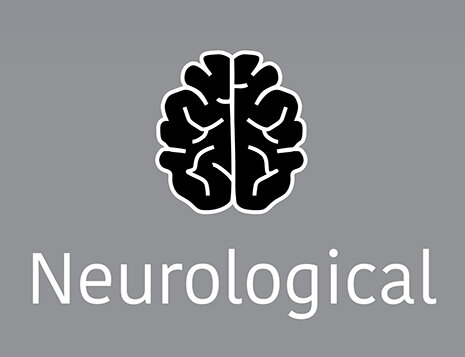Pet Emergency Guide
Phone: 0800 EVH 111
COLLAPSE
If your pet is not breathing and has no heartbeat, chest compressions are usually advised.
If they are in pain or scared, be cautious as they may bite or scratch.
Call your vet / afterhours vet ASAP.
Prepare to transport your pet to the vet.
BREATHING DIFFICULTIES
Keep your pet as calm as possible and ring your vet ASAP - this can be a very rapidly life-threatening condition and you will need to get to your vet as soon as possible.
Call your vet / afterhours vet ASAP.
Prepare to transport your pet to the vet.
BLOAT or gastric dilation volvulus (GDV)
Keep your pet as calm as possible and ring your vet immediately. This can be a very rapidly life-threatening condition and you will need to get to your vet as soon as possible.
Call your vet / afterhours vet ASAP.
Prepare to transport your pet to the vet.
TRAUMA road accidents, falls, bites and wounds
Move pet to a safe location. Pets that are in pain or scared may bite or scratch. If pet is bleeding heavily, apply pressure using clean cloth or clothing (unless bleeding is from nose or mouth).
Call your vet / afterhours vet ASAP.
Prepare to transport your pet to the vet.
POISONING or indiscrete ingestion
DO NOT give any medication, food or water, or try making your pet sick unless directed to do so by your vet. Bring anything you think they may have ingested, in the original packaging.
Call your vet / afterhours vet ASAP.
WHELPING / KITTENING problems giving birth
Keep the environment calm and quiet with dim lighting and keep numbers of people in the room to a minimum. Give your pet a large comfortable and secluded bedding area.
Call your vet / afterhours vet ASAP.
URINE Cystitis or trouble passing urine
It may help to bring a urine sample or take a photo of what your pet has passed. Sometimes straining to urinate can look like straining to defecate. Make sure your pet is confined inside before you phone the vet.
Call your vet / afterhours vet ASAP.
VOMITING and / or diarrhoea
Has your pet eaten anything different or been in contact with any new substances or other sick animals? A photo of the vomit can be helpful if there is blood or any other unusual substance contained within it.
Call your vet / afterhours vet ASAP.
NEUROLOGICAL Disoriented, change in behaviour, walking in circles, unco-ordinated
Keep the area quiet and avoid any sudden movements. Close all doors and ensure there are no tripping hazards. Video recording on a mobile phone of symptoms can help diagnosis.
Call your vet / afterhours vet ASAP.
SEIZURES
Keep the area quiet and dim the lights. Only move your pet if there is a risk of further injury. Do not attempt to restrain your pet or put anything in their mouth. Try to video the event, as this can be very helpful for the vet. Most seizures will last less than one minute. Pets may be disorientated, and can be aggressive after a seizure.
Call your vet / afterhours vet ASAP.











